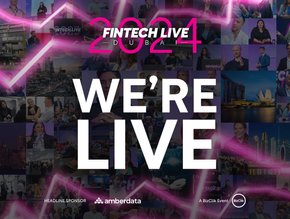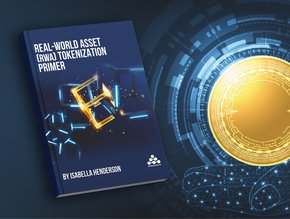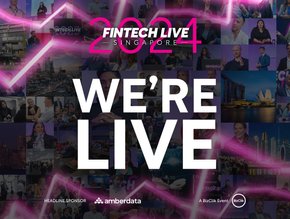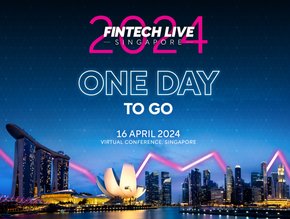What is fintech?

The term ‘fintech’ is commonly used in the financial services industry, but what actually is it? Here is FinTech Magazine’s quick guide.
Technology has changed everything. Industries have been disrupted, and those who have failed to adapt are left behind. ‘Fintech’ means financial technology, and refers to the innovation and technology aimed at challenging traditional methods used in the financial services industry.
Although it seems simple enough, ‘fintech’ is an umbrella term, covering a vast number of services that are changing in the new digital era. Examples of these include:
- Mobile payments: Ever used ApplePay or Samsung Pay? Or used a service like PayPal or Venmo to send money to a friend? These are mobile payments applications. One billion people are predicted to use a mobile payment app worldwide in 2020.
- Digital banks: Budgeting and tracking your finances using a spreadsheet or pen and paper is a thing of the past. Digital banks have stormed the banking industry, completely changing our expectations of traditional banks. Also known as ‘challenger banks’, everything you need is usually kept in one place: an app on your smartphone. Big dogs of the industry like Revolut boast a global customer base of over 10 million. Venturing into uncharted territory, many now offer business accounts too.
- Insurance: Insurtech (insurance technology) has changed the way consumers buy and use insurance. As a result of technology, insurance premiums are calculated automatically. Products like telematics (black boxes) are now offered to young or inexperienced drivers to allow them to bring down their car insurance premium.
- Cryptocurrency: Bitcoin is an example of a cryptocurrency, a form of digital or virtual money. Entirely electronic, no physical banknotes or coins are involved. Although a controversial subject, investment in cryptocurrencies have soared over the last decade.
- Blockchain: In the simplest terms, Blockchain can be described as a data structure that holds transactional records and while ensuring security, transparency, and decentralisation.
- Crowdfunding platforms: Crowdfunding platforms allow internet and app users to send or receive money from others on the platform and have allowed individuals or businesses to pool funding from a variety of sources all in the same place. Companies like Kickstarter or GoFundMe have made it possible for startups to skip going to a traditional bank for a business loan, and straight to investors.

The future of fintech
It’s no secret the fintech industry has skyrocketed over the last decade, the share of investment dollars going into fintech has increased from 5% to nearly 20%. Financial institutions failing to digitalise will struggle to survive in the competitive climate. Technology, machine learning and artificial intelligence will dominate the ways businesses will be expected to operate.
What comes next is unpredictable, but in the ever-evolving global fintech industry, anything is possible.






